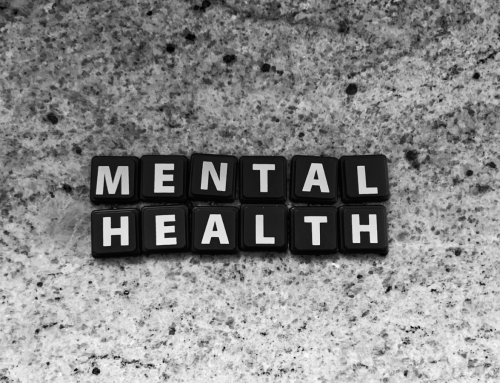Stress: A little six letter word that evokes an array of responses.
We hear a lot about this word, and there are a number of organisations out there dedicated to helping us manage it. April is Stress Awareness month and has been held every year since 1992 to increase public awareness about both the causes and cures. However, there is still a long way to go and according to the Mental health Foundation, 74% of UK adults have felt so stressed at some point over the last year they felt overwhelmed or unable to cope*.
It is a timely reminder that employers have a duty to legally protect employees from stress at work by doing a risk assessment and acting upon it. Tackling a problem sooner rather than later has benefits for all. For further information, the HSE has a range of guidance, practical support and toolkits for helping with these conversations: HSE Guidance on stress at work.
So what is stress? The Oxford Dictionary definition is:
‘a state of mental or emotional strain or tension resulting from adverse or demanding circumstances.’
Occasional stress generally isn’t an issue for most people. Getting that bit of work completed for a short deadline can generate what we call a healthy level of stress. Enough to increase the pace of work and enable us to get that work over the line.
We can then relax knowing the work is completed, and our stress levels revert to normal. This is known as Acute Stress. However, if there are constant demands to get work completed, the times of ‘rest’ can become infrequent and we remain in an almost constant state of stress – Episodic Acute Stress.
Over time this can build up and potentially cause mental health issues. And although we are largely talking about work related stress here, what if the stress is coming from a different place? Are there stresses that we may lose our jobs if the work doesn’t get completed? Or we are not working at all, bills have got to be paid, and food put on the table for our loved ones when there is no money available. Stress can soon become the norm and is known as Chronic Stress.
And we as human beings all deal with these things differently. Stress can be a debilitating disease of the mind. If we are unable to manage stress long-term then anxiety and depression can become a real threat and reality.
However, some people have a certain resilience. An ability to not be swamped by those infectious whispering thoughts of doubt and disaster.
I watched a video a while ago by a lady called Lucy Hone. A senior adjunct fellow at the University of Canterbury, and co-director of the New Zealand Institute of Wellbeing & Resilience, found herself using her own learnings to get through the devastation of losing her 12yr old daughter in 2014. It’s a 16 minute video and I would urge you to watch it if you have the time. She talks of simple techniques that we can all utilise.
Lucy Hone’s 3 secrets of resilient people
It’s a useful demonstration that everyone can build up a resilience if it is not there naturally, and we are now living in an age where we can talk about mental health. We see that schools are starting to teach their children to undertake yoga lessons. Dealing with what the world throws at you, it could be argued, is more important than learning algebra or pythagorean theorem.
There are techniques of mindfulness that we can weave into our daily lives that we can ‘tune into’. A place of calm that with practice we can tap into whenever we need it. With that place of calm that we can visit whenever we like, can help us to manage the challenging times.




